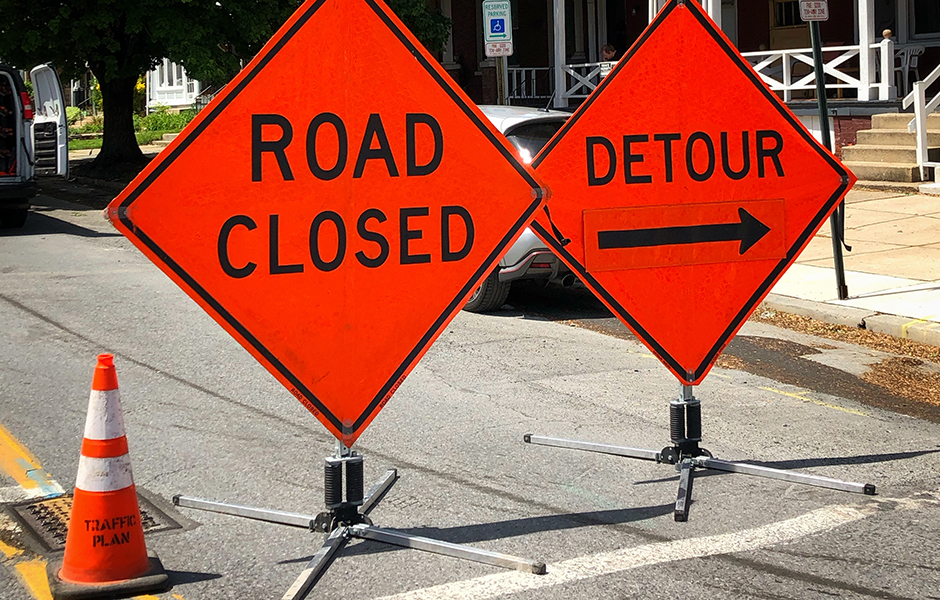For as long as you can remember, people have probably been asking you what you are going to do with your life. They asked it when you were little and you said you were going to be a fireman (or fire-woman). It was all people asked your senior year of high school, and at your graduation party, when you told them you were going to be—a lawyer, a teacher, a photographer, etc. And now, as an “adult,” it is all people ask when you first meet them:
“So, what do you do?”
It is as if it is the only thing we know to talk about besides the weather. But often scarier, it is all we know what to tell people about ourselves. Based on how people respond to what we say, it is how we know where we stand in relationship to the people in the room. In our culture, our professions are a big part of how our worth is measured. I know this from experience.
When I used to say I was a youth pastor, at a party full of professionals who had little time for church, people would look at me as if they could guess how small my paycheck was. But if I was in a group of “church people,” all I got was admiration. If I added in the fact that I worked with Junior High students, I was told I was going straight to heaven. And depending on how many of each type of conversation I had in the past month, I would feel like I was not measuring up, or I was doing very well in life.
We take too much stock in the status our careers give us.
That is because, as Brad Lomenick explains in his book, H3 Leadership, “The more one works in a particular field, the more one becomes identified with the job and the reputation she has gained through doing it.” Though we are complex human beings with the capacity for a myriad of interests, and often possess more talents than we are aware of, our world seems to condense us down into one thing—our job title. And we embrace it. In fact, it becomes how we see ourselves.
Youth ministry became how I saw myself. It worked for me. Until two years into my job, we hit a rough patch in the youth department, and I found myself shaken to the core. Wrapping my identity up in a job that I couldn’t control the ups and downs of, meant my well being was on a constant rollercoaster. When things were going well, I was doing great, but when they were really bad—I was really bad. I couldn’t effectively lead from a healthy place because my identity was not grounded in something solid (like who God had created me to be), rather it was grounded in something that was constantly changing.
Lomenick goes on to explain this phenomenon, and says:
“…if an influencer has no identity—if she ceases to be—she creates a fragile reality. She [merges] who she is with what she does and constructs a house of cards that depends on succeeding or at least maintaining some semblance of organizational [status]. That’s why job loss obliterates so many leaders…the identity loss decimates them. They no longer have an answer to the question, “Who am I?””
Thankfully, God provided me with a mentor who told me that I wasn’t my job—my ministry was what I did, but it wasn’t who I was. He helped me get on a path of self-discovery that enabled me to become a healthier person and a healthier leader. And soon I began to see the separation between who I was and the ministry I lead.
This past year, as I read H3 Leadership, it reminded me of this time in my life, and how important it was and is for there to be a separation between my identity and career. Lomenick explains it well when he says:
“Developing a habit of self-discovery means creating intentional rhythms whereby one observes who he is, listens to his life, and strives to define himself apart from his professional assignments. This helps a leader connect to an organization without being consumed by it. While it may not seem pragmatic, it is vital. Unless one is rooted in his identity, he can never become a change maker.”
No matter how important our careers are to the world around us, our identity goes much deeper and wider than a job title ever could. And our role in History is greater than the things we do to earn a paycheck or build a resume. But if we do not seek to know ourselves more fully, and if we do not ground our identities outside of our careers, we will never be able to accomplish the dreams within. So, the next time someone asks you what you do, really think about your answer. When you tell them:
Do you care a little too much about what your career says about you?
Do you believe your job defines you?
Would you like more from Melissaschlies.com delivered to your inbox?
If so, subscribe here.












Yes, I’ve dealt with this identity issue, not as much with my career but as a runner–until God took my running away. He’s taught me since then that my true, deep identity is a daughter of God. Nothing can change that!
Definitely, Heather! It is such an important journey–and a gift to know our identity in Him, but losing the thing that we thing defines us is so hard!
One by one God has stripped away the tags I’ve used to identify myself. It’s been a wild ride.
same here, Kate!
After college I used to be so embarrassed when I had to tell people I worked at Starbucks!! I wish I had seen it for what a was- the most incredible mission field!! I had so many un-churched friends during that time.
I have been there too! If only we could see those things in our circumstances when we’re in them, and not in hindsight!